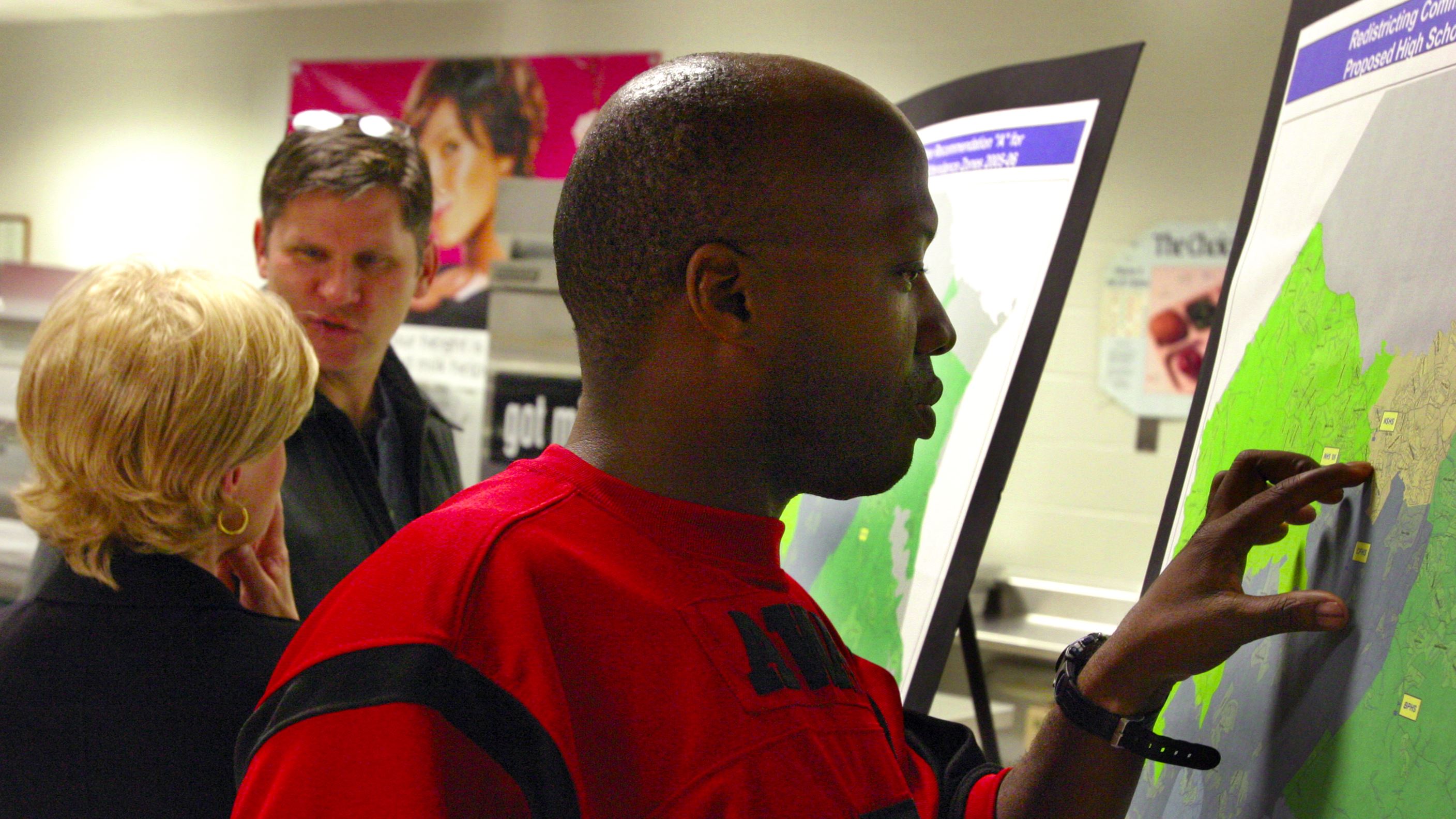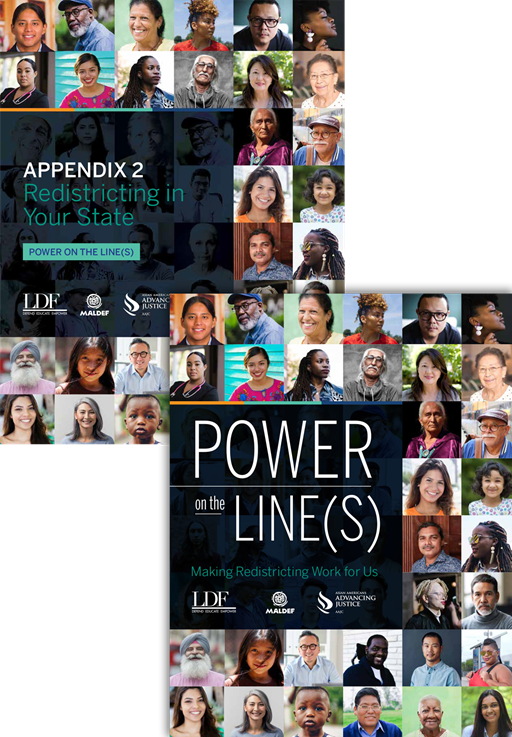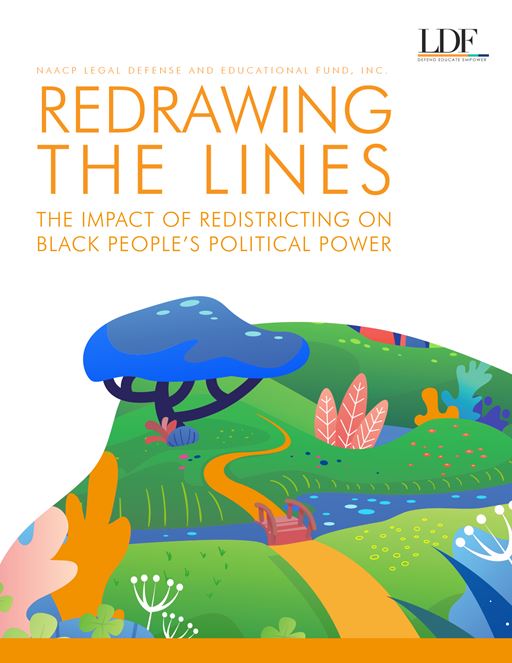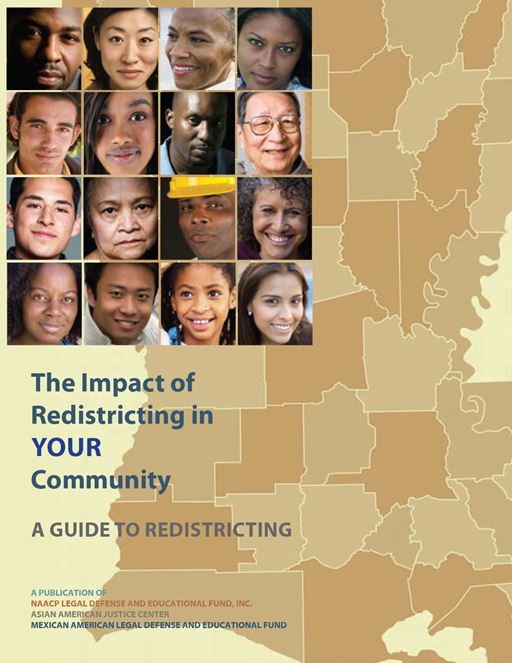


Redistricting will determine political representation for the next ten years. During this process, the lines and boundaries of governing bodies are redrawn so that each district is roughly equal in population size based on the most recent census data.
Redistricting is carried out at all levels of government—from local school boards and city councils to state legislatures and the United States House of Representatives. Black communities have an important role to play in the redistricting process to ensure that their voices are heard, their needs are addressed, and their rights are protected.
In advance of the post-2020 redistricting cycle, we’re working to make sure the public knows the process of redistricting and how they can participate. We are also litigating a prison gerrymandering case, which leads to underrepresentation. Learn more about current litigation.
Get involved as a volunteer and download the resources below to learn more.
Two Legal Challenges Filed Over Alabama Racial Gerrymandering
On November 15, 2021, NAACP Legal Defense Fund and co-counsel filed two lawsuits against the Alabama Secretary of State and the chairs of the Legislative committee on Reapportionment, one challenging the state’s congressional redistricting plan under Section 2 of the Voting Rights Act and the 14th Amendment and the other challenging Alabama’s state legislative plan as a racial gerrymander.
The NAACP Legal Defense and Educational Fund, Inc. (“LDF”) and partner organizations sent letters to the South Carolina House Redistricting Ad Hoc Committee and Senate Judiciary Redistricting Subcommittee to reiterate concerns with the Subcommittees’ failure to provide transparency during the ongoing redistricting cycle.
On this episode of Justice Above All, Thurgood Marshall Institute Senior Researcher Kesha Moore talks to the Executive Director of the Abolitionist Law Center, Saleem Holbrook, and Cara McClellan, Assistant Counsel at the Legal Defense Fund, about the inherent racism surrounding prison-based gerrymandering and how it continues to feed the prison industrial complex.
Get our comprehensive guide to redistricting, aimed at empowering Black, Latino, and Asian American communities, as well as other marginalized communities, to be actively engaged participants in one of the most important, once-a-decade events of American democracy. Be sure to download the recently-updated appendix as well, to find specific information about the redistricting process in your state.

A brief guide to empower communities of color to participate in upcoming local, state, and congressional redistricting efforts.

Written for community members, activists, and policy makers, this manual details the legal and policy framework for redistricting. It outlines advocacy strategies to help communities participate in the redistricting process, keep line drawers accountable, and ensure that the voting strength of minority communities is not unjustly weakened.
